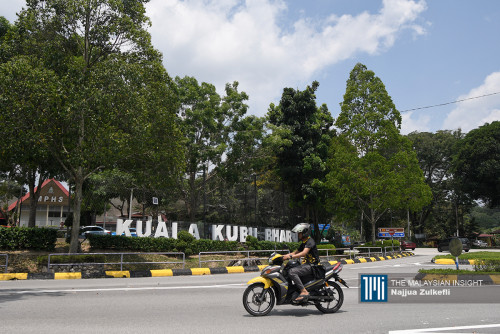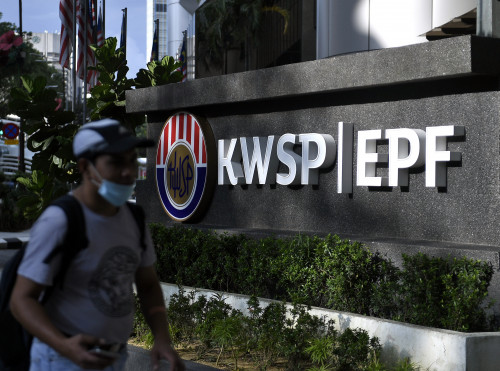The National House Buyers Association (HBA) acknowledges the challenges faced by the finance minister in tabling Budget 2023 today in view of the post-Covid-19’s effect on the global and regional economies as well as the financial health of Malaysia.
Our comments and response to Budget 2023 on matters relating to the property sector only are as follows:
Stamp duty discount of up to 75% for houses worth between RM500,000 to RM1 million.
Does such an incentive includes sub-sale transactions in secondary market?
Although the objective of the stamp duty discount is to reactivate the property industry and also to spur economic growth, the measures appear to be not well thought out again.
It is still very difficult to understand why taxpayers’ money is being “sacrificed” to facilitate the niche market buyers, for the benefit of the housing developers, because that is exactly what is being done here.
How else do you explain the fact that the government is waiving stamp duties for the transactions? Less collection of such duties and revenues means government expenditure is being paid from other tax sources.
Mind you, we are talking about developers’ stocks – those completed and unsold properties. Why should the rest of the country subsidise these developers’ marketing of their products? They made a bad business decision. Do the rest of us have to subsidise their loss?
Why don’t these developers just give a “higher” percentage of discount on these properties? It’s elementary economics that when a product can’t sell, you sell it cheaper in a soft market, especially in these post-Covid-19 recovery times.
To the purchaser, there is no difference between buying a property of RM1 million, with the stamp duty of RM24,000 waived by the government, and buying a property at RM976,000 from the developer and paying the RM24,000 stamp duty to the government.
The adage “privatising profits and socialising losses” is most apt to describe the situation.
The same arguments too apply for sale in secondary market.
Allocation of RM367 million to build people’s housing projects (PPR) to benefit 12,400 new residents
People’s Housing Projects or referred to as Project Perumahan Rakyat (PPR) should remain as transit homes for rental and not for sale or ownership
PPR units built are only temporary living quarters for those looking to, in future, to buy their own houses. They should only be rented out by the relevant agencies.
The government’s objective and aspiration should be for these transit homes to provide a temporary living place for those who want to save enough money before embarking on buying their own homes.
Those renting the PPR flats should not regard them as their permanent homes but merely a temporary abode to shelter their family and have a roof over their head whilst striving to look for a permanent home.
PPR is for self-occupation and not legible to ‘sublet’
The PPR flat tenants are supposed to self-occupy until they improve in their social standing and move out to allow those on the waiting list to take over possession of their units. Those who flout the rules by subletting their units for obvious gains should be evicted and enforcement should be meted without delay.
They act like landlords and sublet rooms to foreigners and singles who migrated from rural to urban areas. These have been going on for years but it seems enforcement action is slow, sometimes thwarted by interference.
It is a betrayal of the purpose of building such PPR housing in the first place, which is to provide a roof for the poor and should not be used by “rent-seekers” and “profiteers”.
HBA has been calling for stricter enforcement of existing rules to ensure that low-cost housing and PPR flats are not rented out to third parties and are allocated to the correct target group.
Means Test and Exit Policy
The tenants should go through a process of “means testing”, which is the process of measuring how much income a person has in order to decide if they deserve to qualify for PPR “handouts”.
These social benefits and welfare offered to tenants, in the form of PPR flat rentals, should be reviewed every three years by a committee so that the tenants do not overstay, allowing other deserving families to take up occupation.
This is where enforcement must be strict so that those no longer eligible must give way to those deserving ones but of course not to the extend of “throwing them onto the streets”.
Allocation of up to RM3 billion for Housing Credit Guarantee Scheme
HBA welcomes the announcement that the government will allocate up to RM3 billion via the Housing Credit Guarantee Scheme to guarantee housing loans to help those without a stable income, such as gig economy workers, to buy properties.
The gig economy has been a life-saver to many who lost their jobs and resorted to becoming e-hailing drivers, food delivery riders, and other forms of freelance workers.
These employees are still economically productive and should have access to financing to buy assets such as property. However, their income may not be consistent and many lack the full documents that banks typically require from fixed income salaried employees.
This guarantee scheme would be very beneficial for gig economy employees to buy their own property.
However, HBA hopes that this scheme will be limited to first-time house buyers and only for affordable properties. It should also be made available for the purchase of secondary properties (completed properties) and not restricted to the purchase of primary properties (directly from property developers).
RM10 stamp duty for properties transferred between family members
HBA welcomes this incentive of a nominal stamp duty for transactions on the transfer of real property from parents to their children. This will alleviate the parents’ burden on having to bear stamp duties which can be saved for other purposes. – The Vibes, October 7, 2022
Datuk Chang Kim Loong is honorary secretary-general of the National House Buyers Association.
Queries and complaints can be addressed to [email protected]



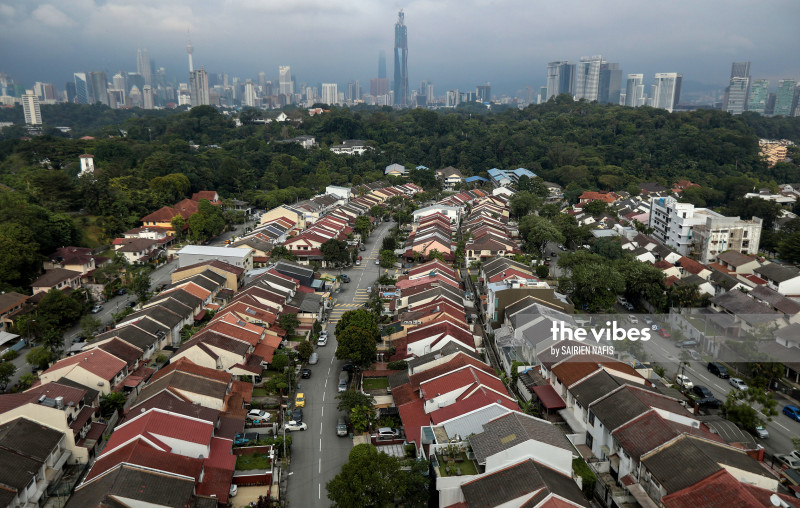
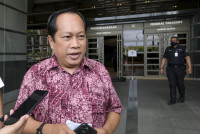

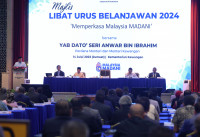

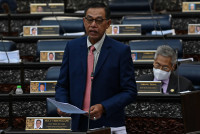
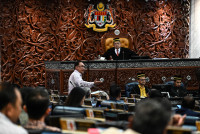



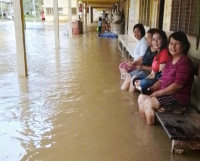



.jpg)

